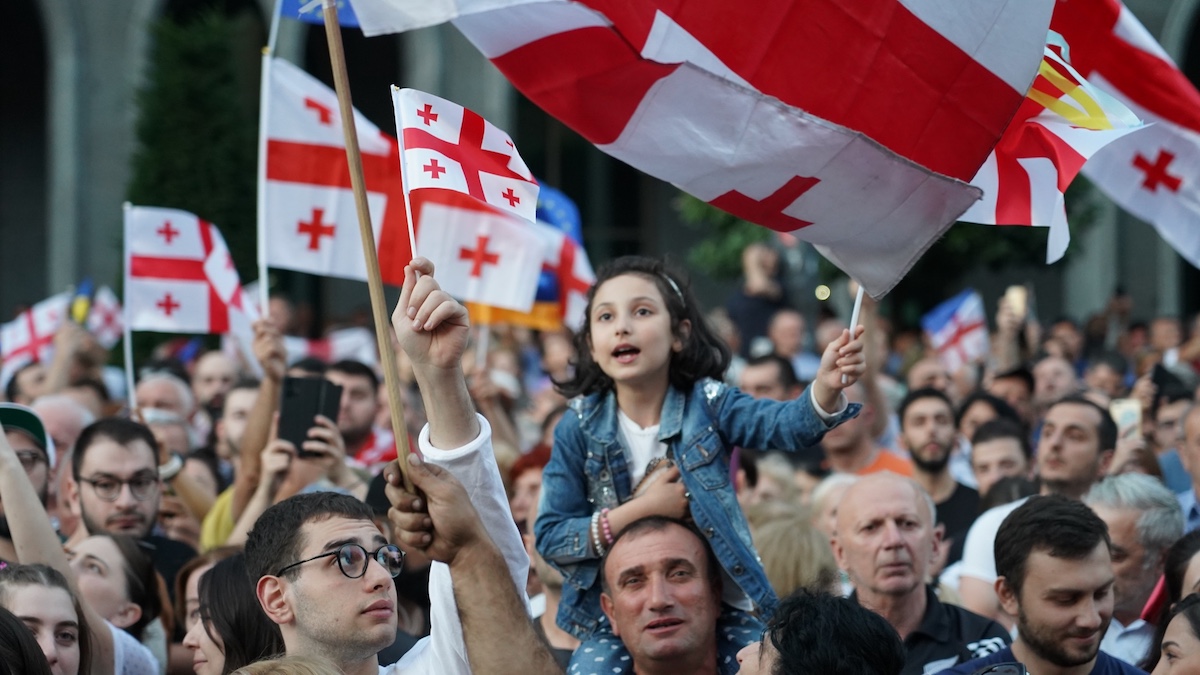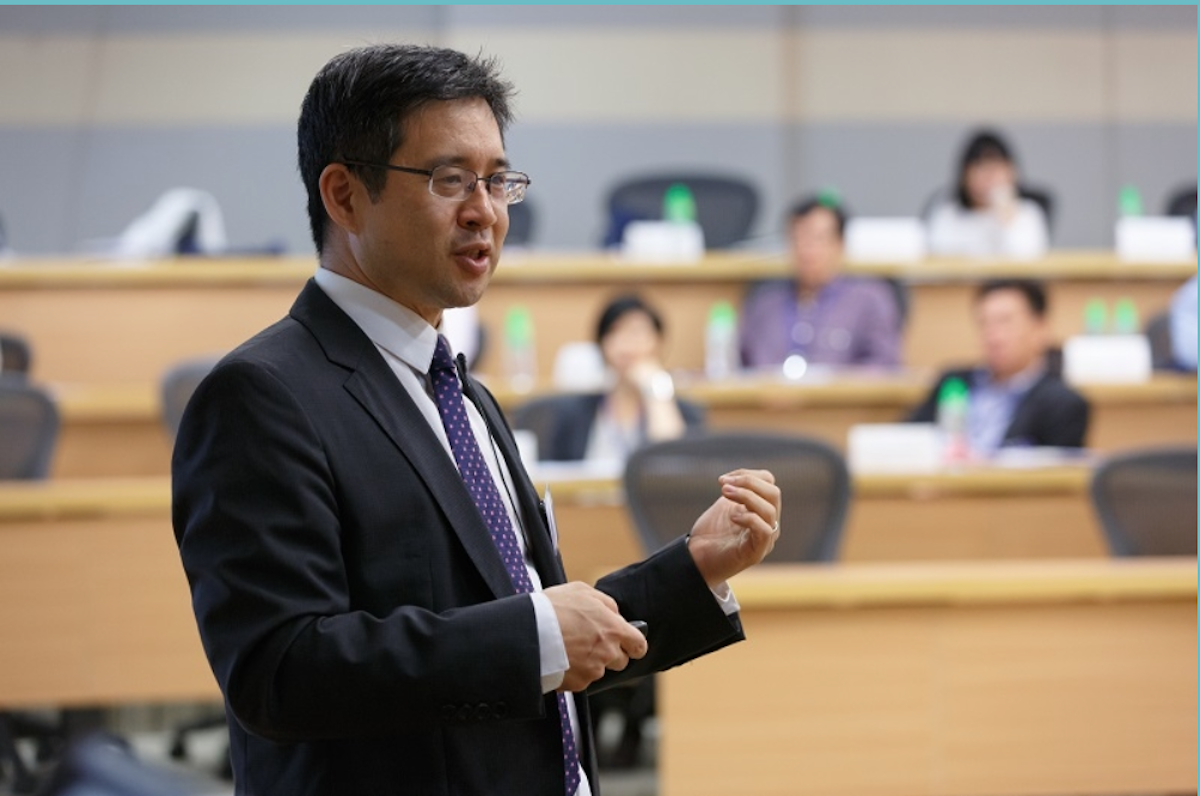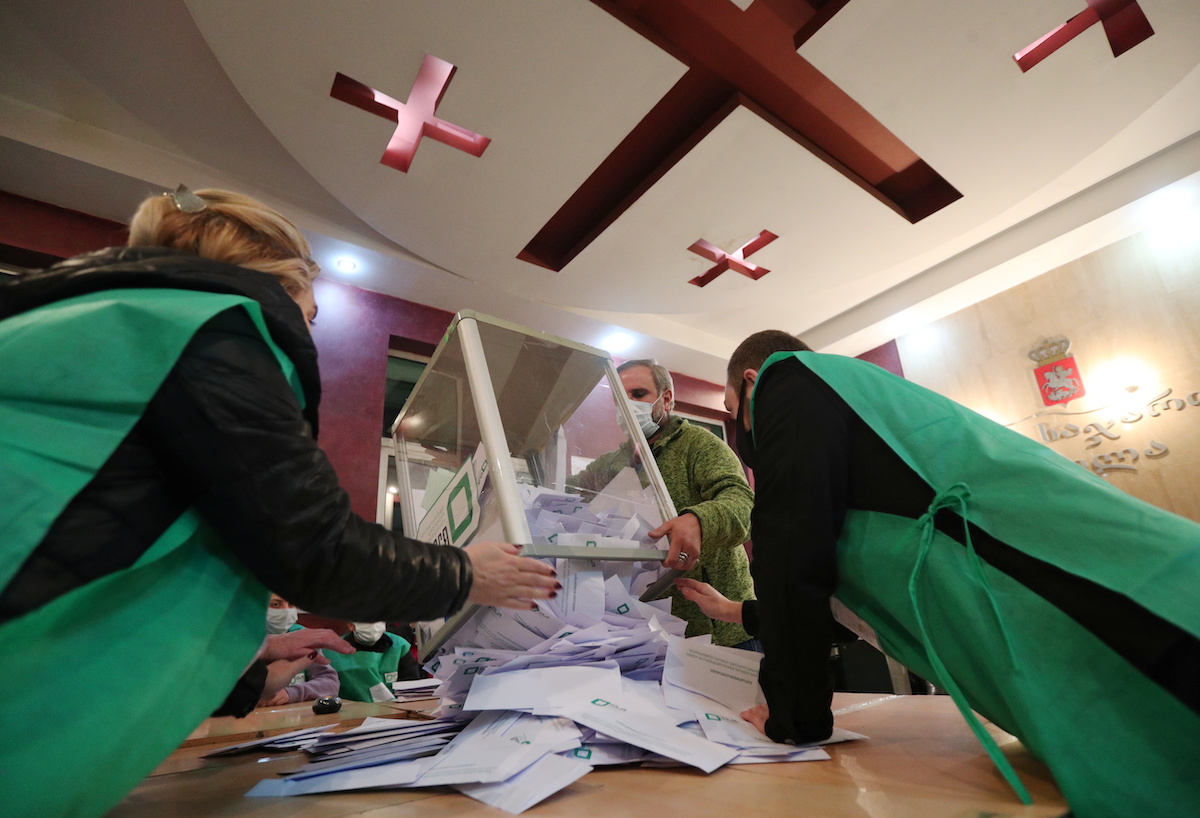Poll: Most Georgians see Georgian Dream as the cause of the political crisis
Georgian citizens on the political crisis
According to a new poll by the Institute for Social Studies and Analysis (ISSA), the majority of Georgia’s population (72%) acknowledges a political crisis in the country and considers the ruling Georgian Dream party responsible for it.
The ISSA conducted field research with financial support from the Civil Society Foundation between June 17 and 29, 2025. The organization surveyed 2,000 respondents through face-to-face interviews. The target group was Georgia’s adult population.
The sampling method was cluster-based with preliminary stratification. The margin of error is ±2.2% for the full sample at a 95% confidence level, and the response rate was 71%.
Recognition of a political crisis:
- 83% of Tbilisi residents
- 68% of regional residents
- 89% of pro-European opposition voters
- 49% of ruling Georgian Dream voters
Who is responsible for the crisis in Georgia?
When asked who is responsible for the crisis, most respondents answered: Georgian Dream.
However, among Georgian Dream voters, most blamed the United National Movement and other opposition parties.
Political ratings:
According to the ISSA poll, political party ratings in Georgia are as follows:
- Georgian Dream – rising: June – 35.8%; May – 35.2%
- Coalition for Change – rising: June – 18%; May – 17%
- United National Movement – rising: June – 16.6%; May – 14.6%
- Lelo – Strong Georgia – falling: June – 9.5%; May – 13.4%
- Gakharia for Georgia – falling: June – 10%; May – 12.4%
Special dynamics in Tbilisi. Support for Georgian Dream in the capital has dropped — 23% in June, compared to 24.6% in May.
Ratings of opposition parties in Tbilisi:
- Coalition for Change – 21%
- United National Movement – 16.5%
- Gakharia for Georgia – 15.7%
- Lelo – Strong Georgia – 10.6%
Trust in media
When asked “Which TV channel do you trust the most?”, respondents answered:
- Pirveli (opposition-leaning) — 63%
- Formula (opposition-leaning) — 51%
- Rustavi 2 (accused of pro-government bias) — 50%
- Imedi (pro-government) — 45%
- Public Broadcaster (accused of pro-government bias) — 23%
Should new parliamentary elections be held?
According to the poll, 55% of Georgia’s population supports holding new parliamentary elections.
- In Tbilisi, this figure is 63%, and among pro-European opposition voters — 88%.
- In the regions, every second respondent supports new elections.
- Meanwhile, 82% of Georgian Dream voters are opposed.
Economic situation
Most respondents said their family’s economic situation has not changed over the past 2.5 years.
Details:
- Nationwide (Tbilisi and regions): about one-third of the population reports a worsening of their family’s economic situation.
- Pro-European opposition voters: 55% say their economic situation has worsened.
- Georgian Dream voters: up to 40% say their situation has improved.
A majority of respondents across Tbilisi and the regions – regardless of political affiliation – said that official data on the country’s economic growth over the past two years does not reflect the real situation in their households.
Even among Georgian Dream voters, only 38% agree that economic growth has positively affected their family’s financial well-being.
Top issues in Georgia
Respondents identified the following as the most important problems in the country:
- High prices
- Occupied territories
- Emigration
- Low pensions
- Drug abuse
- Low wages
- Poverty
- Unemployment
Residents of Tbilisi also highlighted these additional concerns:
- Democratic backsliding and human rights violations
- Lack of independent courts
- Deteriorating relations with the West
Attitudes toward the pro-European protests continuing for over seven months
A majority of respondents (43%) support the continuation of the pro-European protests, while 35% are against them.
Support is highest among:
- Tbilisi residents – 62%
- Pro-European opposition voters – 78%
In the regions, 35% support the protests, while 40% are opposed.
An overwhelming majority (75%) of Georgian Dream voters do not support the protests.
Should those detained during the protests be released?
Most respondents across the country said yes:
- Georgia overall – 73%
- Tbilisi – 79%
- Regions – 70%
- Pro-European opposition voters – 92%
Even among Georgian Dream voters, 40% support the release of detainees, while 50% are against.
Case of journalist Mzia Amaghlobeli
A majority of respondents (59%) believe the charges against journalist Mzia Amaghlobeli, arrested during a protest, are unfair. In Tbilisi, this view is held by 70%, and in the regions — 54%.
Most voters in Georgia (54%), including 66% in Tbilisi and 81% of pro-European opposition supporters, consider Amaghlobeli a political prisoner. In the regions, 49% agree.
Meanwhile, 60% of Georgian Dream voters believe the charges against her are justified.
Imprisonment of opposition leaders
Every second respondent (49%) across Georgia considers the imprisonment of opposition figures Irakli Okruashvili, Zurab Japaridze, Nika Melia, and Nika Gvaramia to be unjust.
This view is shared by a majority of Tbilisi residents (59%) and by 45% of those living in the regions.
Among pro-European opposition voters, an overwhelming 81% say the imprisonment is unfair.
In contrast, 67% of Georgian Dream voters believe the imprisonment of opposition leaders is justified.
Russian influence
A majority of the Georgian population (55%) – across all groups except Georgian Dream voters – believe that the ruling party’s foreign policy serves the interests of Russia and its allies.
A large part of Georgia’s population (47%) and regional residents (49%) believe that Georgian Dream prevented Georgia from entering a war with Russia.
Georgia’s integration into Euro-Atlantic structures
EU membership is supported by 83% of all respondents, including a majority in every subgroup — even among Georgian Dream voters. However, support within Georgian Dream ranks lower, at 68%.
NATO membership is also backed by a majority across all target groups — except among Georgian Dream voters, where 50% support joining and 39% oppose it.
If Georgia’s visa-free regime with the EU is suspended, all target groups – except Georgian Dream voters – will primarily hold Georgian Dream responsible.
Expectations of EU accession under the Georgian Dream government:
- 46% of the general population do not expect Georgia to join the EU under the current government
- 56% of Tbilisi residents
- 42% of regional residents
- 81% of pro-European opposition voters
“Deep state“
The majority of Georgia’s population (53%), Tbilisi residents (62%), and pro-European opposition supporters (75%) do not believe in the existence or influence of the “deep state” and the “global war party,” as claimed by Georgian Dream.
At the same time, every second Georgian Dream voter believes in the existence of these structures (49%).
Municipal elections in October 2025
Up to 70% of voters for Georgian Dream and People’s Power (a party founded in 2024 by former Georgian Dream MPs) say they are ready to vote in the upcoming municipal elections in October 2025.
Among opposition voters, supporters of Gakharia for Georgia showed the highest willingness to participate (47%), while Coalition for Change supporters showed the lowest (25%).
Popular political figures
The following figures enjoy relatively high levels of support among the Georgian population:
- Tbilisi Mayor Kakha Kaladze – 28%
- 5th President of Georgia Salome Zourabichvili – 27%
- Prime Minister Irakli Kobakhidze – 26%
- Opposition leader of the “Coalition for Change” Nika Melia – 25%
- Founder of Georgian Dream and de facto ruler of Georgia Bidzina Ivanishvili – 25%
- “Coalition for Change” leader Nika Gvaramia – 24%
In Tbilisi, respondents tend to favor opposition figures, while in the regions, support leans more toward Georgian Dream representatives.
News in Georgia























